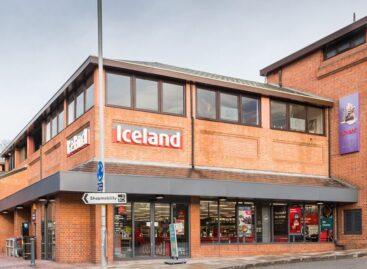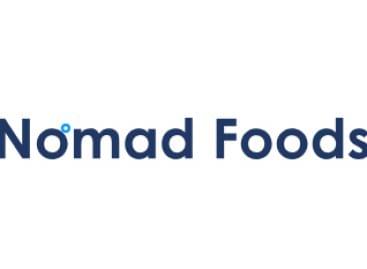How The Frozen Food Category Is Seeking To ‘Sustain Its Strength’ After COVID-19?
Like every sector of grocery retail, frozen food has been impacted by the looming threats posed by rising inflation affecting costs at every level, concerns over a strained supply chain, and the Russian invasion of Ukraine. This is before you factor in the changing habits of consumers as a result of numerous lockdowns.

Frozen food has grown at a faster rate than total food and beverage growth over the past five years, with figures from the AFFI showing that growth in 2021 amounted to 22.6% compared to the 2019 pre-pandemic normal
There are grounds for optimism in the frozen food sector. According to stats from the American Frozen Food Institute (AFFI), frozen food dollar sales among lower-income millennial households are up 15%, with studies from their British counterparts, the British Frozen Federation (BFF), showing that retail frozen food sales have grown by 13.5% compared to pre-pandemic levels, suggesting that consumers that turned to the freezer during COVID have continued adding frozen products to their baskets.
Related news
Iceland posts record profits as £1 range sales soar
Iceland Foods hit record profit last year as cash-strapped shoppers…
Read more >Nomad Foods to install solar panels at Italian production plant
Frozen food company Nomad Foods plans to install photovoltaic panels…
Read more >Nomad Foods to close plant in Bosnia and Herzegovina
The factory in Čitluk will close by December with the…
Read more >Related news
Recognition of Consumer Protection Excellence: Honoring the Best of 2024
This year’s outstanding consumer protection officers and special award recipients…
Read more >The Joy of Giving! – SPAR stores collect non-perishable food for people in need
The Hungarian Maltese Charity Service and SPAR Hungary have launched…
Read more >KSH: industrial production decreased by 0.2 percent in October
In October, the volume of industrial production fell by 0.2…
Read more >








